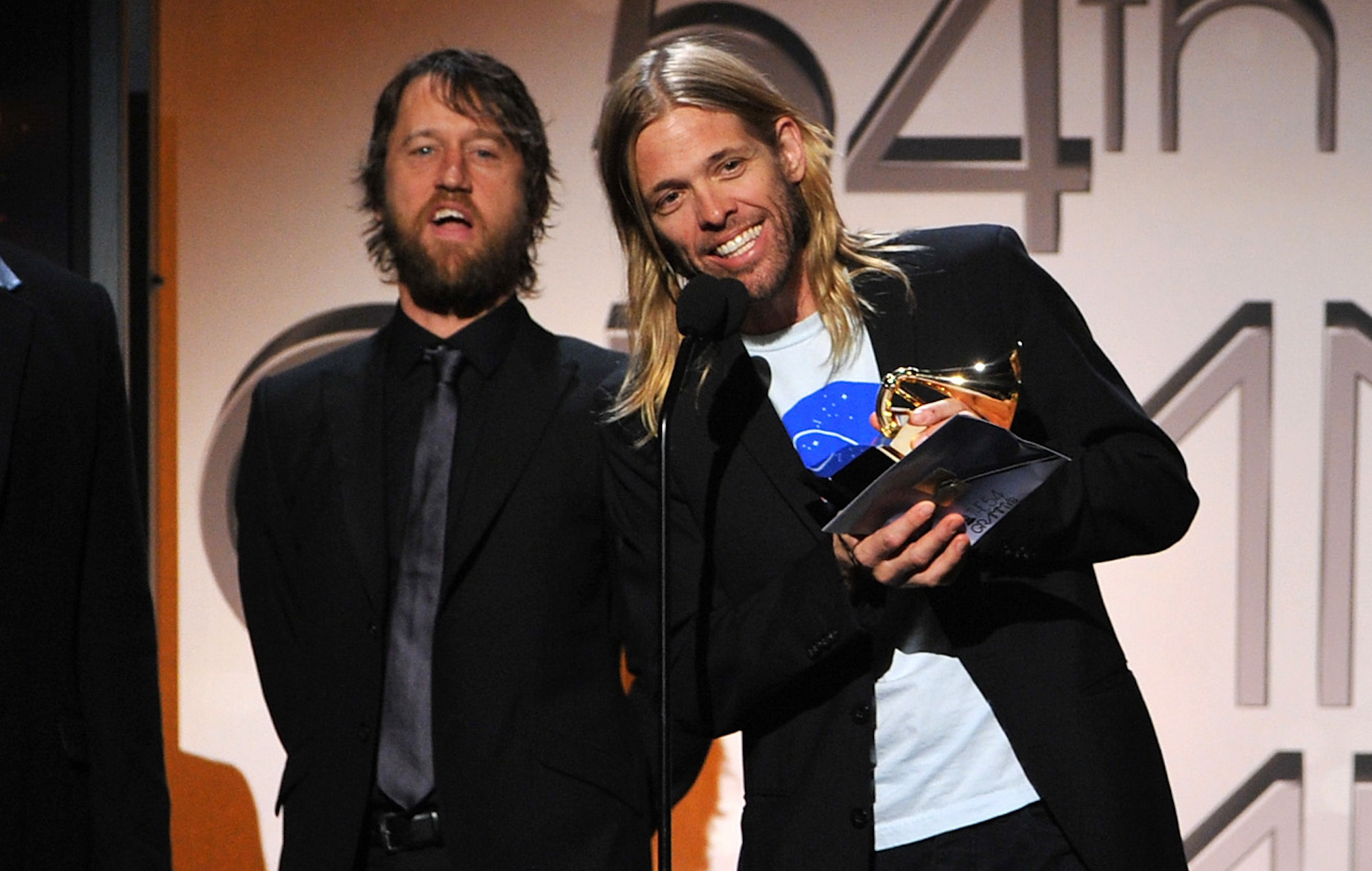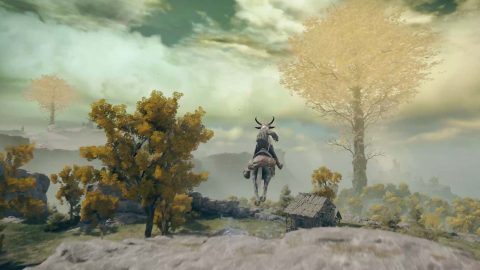To rock the world takes only a couple of pedals and a power chord; to make it skip and swing takes the skill and talent to straddle an entire continent. It takes a talent like that of Tony Allen, who died yesterday (April 30) aged 79 and whose light, uplifting and syncopated rhythms so widely influenced global music.
He was acclaimed by among the Afrobeat scene that he helped to formulate and also by the Western acts (including Foals, Damon Albarn and Brian Eno, who called him “perhaps the greatest drummer who has ever lived”) that he inspired.
Born in Lagos, Nigeria in 1940, Allen was self-taught on the drums, having started playing while working as a radio engineer in Nigeria at the age of 18. Enthralled by Nigerian and Ghanian music from traditional Jùjú styles and the contemporary highlife scene, as well as American jazz, he studied hard to create his own individual amalgamation with a variety of bands, which caught the ear of fellow Lagos highlife circuit player Fela Kuti in 1964.
“How come you are the only guy in Nigeria who plays like this – jazz and highlife?” Kuti asked him. The pair formed the Koola Lobitos group, playing a concoction of highlife, traditional Yoruba music, jazz, funk, salsa and calypso – which Kuti would start to call Afrobeat around 1967 – driven by Allen’s polyrhythmic beats.
Following a political awakening on a 10-month visit to Los Angeles in 1969, as well as Allen’s introduction to the music of James Brown, Max Roach, Art Blakey and Frank Butler, the band was renamed Afrika ‘70 and began recording numerous albums steeped in social issues from Kuti’s new Kalakuta Republic commune in Nigeria.
“Fela used to write out the parts for all the musicians in the band,” Allen would later say of their writing process. “I was the only one who originated the music I played.”
The commune suffered numerous raids from the shaken authorities – Allen spent three days in jail after one raid in 1974. Their work culminated in 1977’s legendary ‘Zombie’ album, which was considered so heavily critical of the Nigerian military that a thousand soldiers attacked the Kalakuta Republic, destroying the studio, beating Kuti and killing his mother.
Already releasing solo records including 1975’s ‘Jealousy’, 1977’s ‘Progress’ and 1978’s ‘No Accommodation For Lagos’, which addressed the forced clearance of the city’s slums, Allen stuck with Afrika ‘70 until the 1978 Berlin Jazz Festival, when the disgruntled group fell apart over royalty payments and Kuti’s use of band money to fund a presidential campaign.
“He doesn’t care,” Allen said of his decision to leave, taking many of the musicians with him. “And with all the parasites around too… there were 71 people on tour by now and only 30 working in the band… you got to ask why. Those guys were sapping Fela of his force, of his music.”
Allen’s own band released 1980’s ‘No Discrimination’, but his future lay in Europe. Relocating to London in 1984 and then to Paris, he once more reinvented his music, bringing dub, electronica, avant-garde rap and R&B into his core Afrobeat style to create what he called afro-funk. He also became a sought-after guest drummer during his lengthy early ‘90s recording hiatus, and come the noughties was beginning to find recognition among modern alternative acts he’d influenced from afar.
In 2004 he worked on Sebastian Tellier’s ‘Politics’ album and then joined The Good, The Bad & The Queen with Damon Albarn, Paul Simonon and Simon Tong. Albarn had previously paid tribute to him on Blur’s 2000 single ‘Music Is My Radar’, singing, “Tony Allen got me dancing”. Allen and Albarn’s collaboration didn’t end there – he later played with Africa Express in Lagos and in 2008 formed the supergroup Rocket Juice & The Moon with Flea from Red Hot Chili Peppers. He also recorded the single ‘Go Back’ with Albarn in 2014.
Acts as disparate as Air, Charlotte Gainsbourg, Jarvis Cocker, Jeff Mills and Yannis Philippakis of Foals all recorded with Allen during this time. Philippakis, who described Allen as being “like an octopus on the drumkit”, had been collaborating with Allen since 2016 and was planning to complete the project during lockdown.
And as Allen continued to release albums that expanded on his Afrobeat origins – the latest, ‘Rejoice’, was released in March – his influence and legend swelled to the degree that a film about his life, Birth Of Afrobeat, was released last year. His death in Paris will, like his music, reverberate around the world.
The post Tony Allen, 1940 – 2020: Afrobeat pioneer whose skill and talent inspired the world to skip and swing appeared first on NME Music News, Reviews, Videos, Galleries, Tickets and Blogs | NME.COM.









